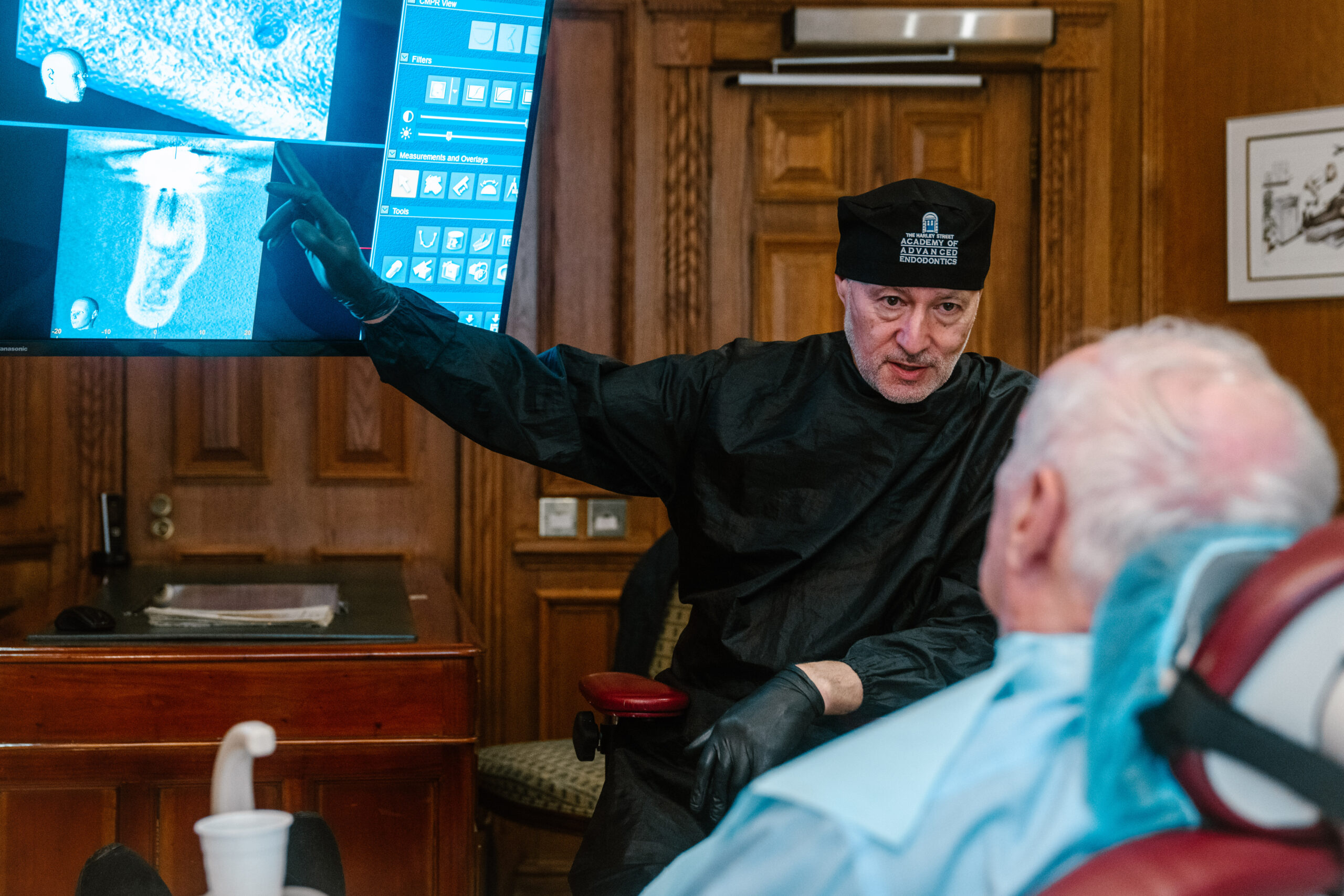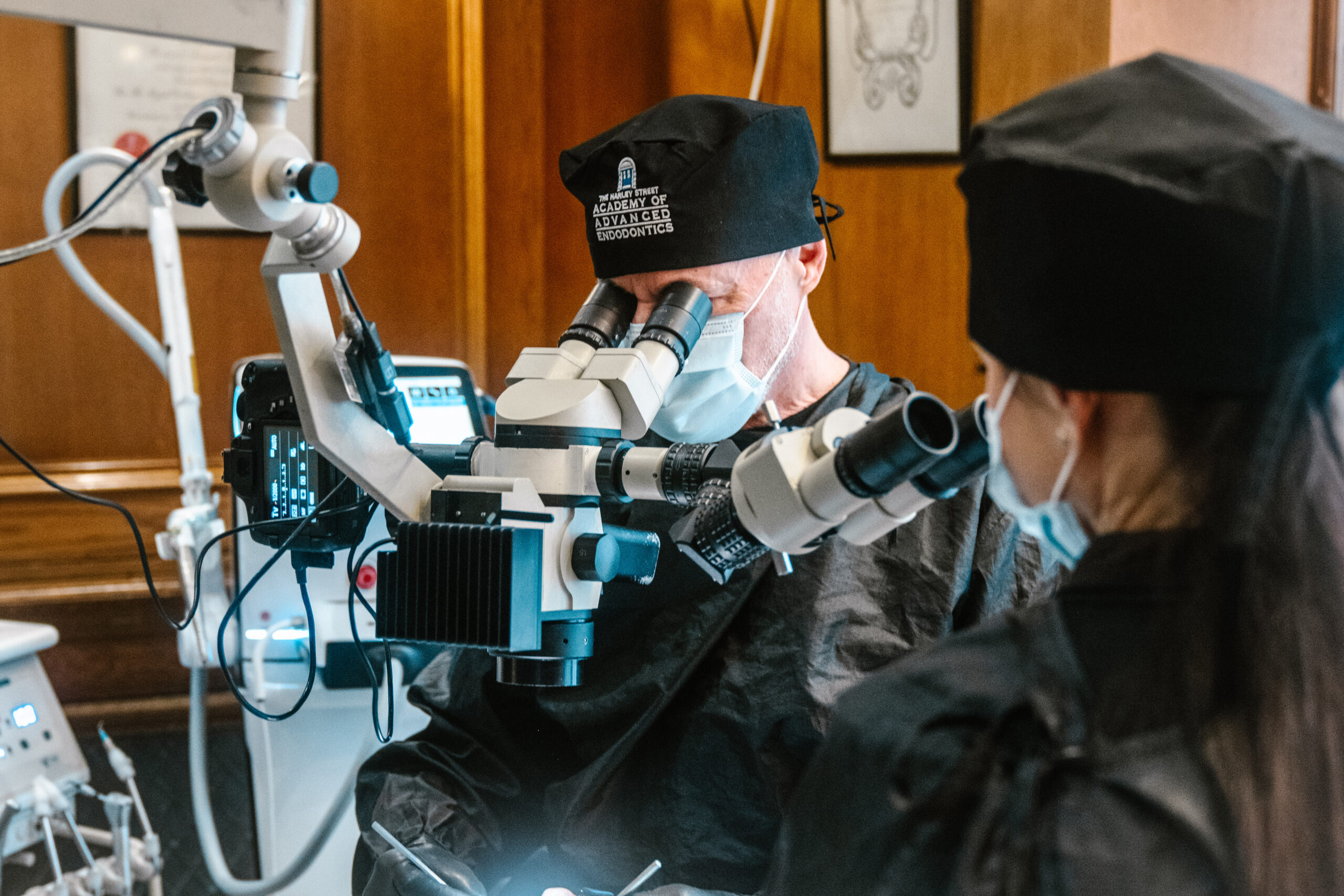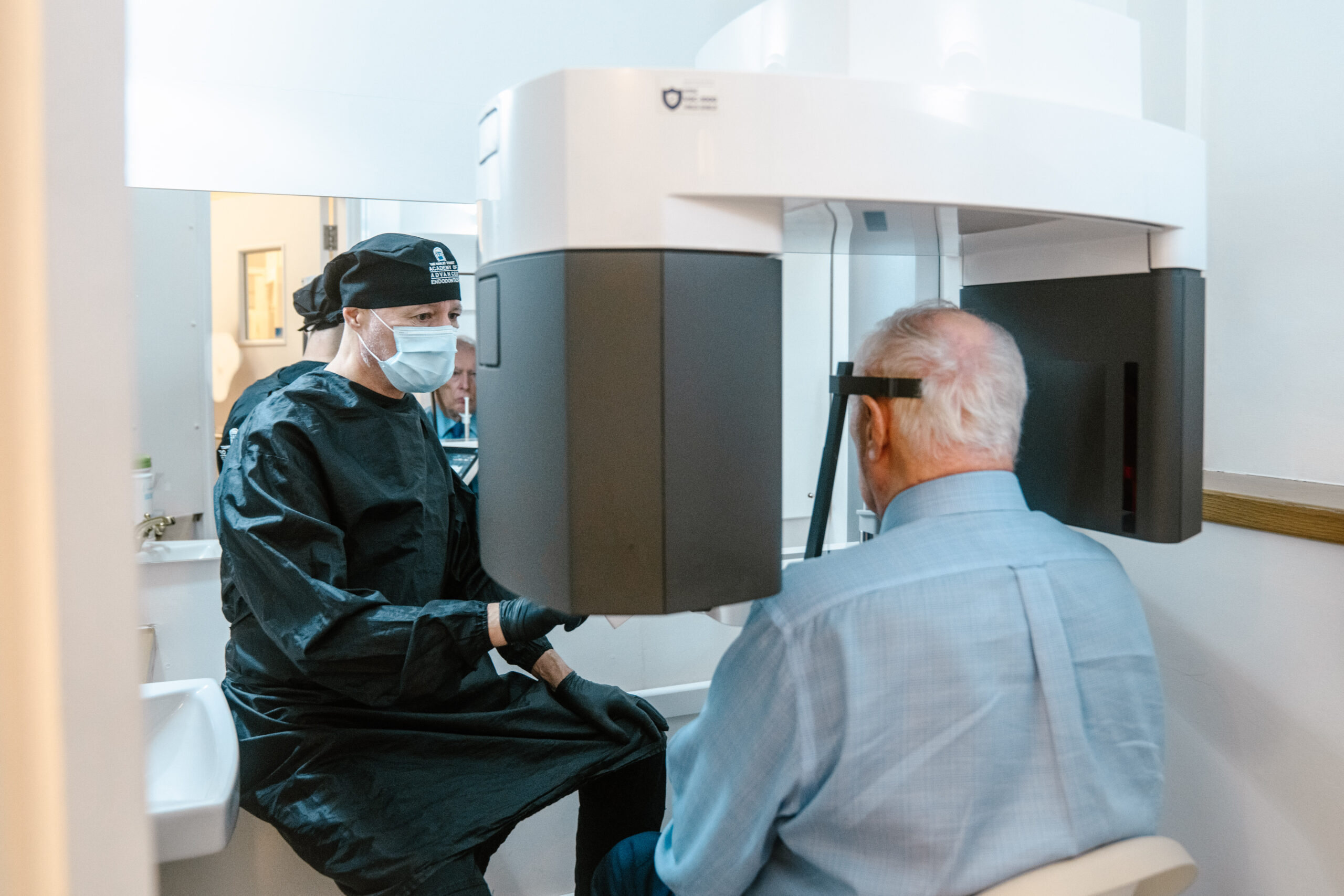
Introduction
When facing the prospect of root canal treatment, many patients find themselves at a crossroads: should they have the procedure performed by a general dentist or a specialist? While general dentists are equipped to handle a wide array of dental issues, the intricate and delicate nature of root canal therapy often makes it more suitable for a specialist known as an endodontist. Here’s why choosing an endodontist can significantly improve the outcome of your root canal treatment.

The Complexity and Uniqueness of Root Canal Systems
One of the primary reasons to opt for a specialist is the complex and unique nature of root canal systems. Every tooth’s root canal is as individual as a fingerprint, with varying shapes, sizes and configurations. This uniqueness poses significant challenges that require a deep understanding and extensive experience to navigate effectively.
Endodontists spend years honing their skills specifically in the realm of root canals. Their advanced training equips them with the knowledge to handle even the most complicated cases, such as teeth with multiple roots or unusually shaped canals. In contrast, a general dentist, while capable, might not have encountered the vast array of variations that a specialist routinely manages. This experience translates to more precise and successful treatments, reducing the risk of complications or the need for retreatment.
Limited Training for General Dentists
The training disparity between general dentists and endodontists is another critical factor. At dental school, general dentists receive a broad education covering all aspects of dental care, but their exposure to root canal procedures is relatively limited. On average, a general dentist may perform only a handful of root canal treatments during their training — often no more than three. This limited experience can leave them less prepared to handle the complexities and nuances of endodontic procedures.
In contrast, endodontists complete an additional two to three years of specialised training after dental school, during which they perform hundreds of root canal treatments. This extensive hands-on experience under the guidance of seasoned professionals allows them to develop a high level of proficiency and confidence in their skills. As a result, patients can feel assured that they are in the hands of a practitioner who has dedicated their career to mastering this specific area of dentistry.
Superior Tools and Materials
Root canal treatment requires not only skill but also specialised instruments and materials. The costs associated with these tools can be prohibitive for a general dental practice, which needs to invest in equipment for a wide range of procedures. An endodontist’s practice, however, is centred on root canal therapy, justifying the investment in the latest and most advanced technology available.
For example, endodontists often use state-of-the-art rotary instruments, ultrasonic devices and high-quality filling materials that may not be standard in a general dentist’s office. These specialised tools allow for more efficient, effective, and less invasive treatment, improving the overall patient experience and outcome. The use of advanced materials also contributes to the longevity and success of the treatment, ensuring that the restored tooth can function properly for years to come.
The Need for Magnification
Precision is paramount in root canal therapy, and magnification plays a crucial role in achieving it. Endodontists commonly use operating microscopes, which provide enhanced visibility of the intricate root canal system. This magnification allows for more detailed and thorough cleaning, shaping and filling of the canals, which is essential for the success of the treatment.
General dentists may not have access to or the expertise with these high-powered microscopes, relying instead on standard dental loupes or even just their naked eye. The difference in visibility can be significant; what might be missed or inadequately treated without magnification can lead to persistent infection or failure of the root canal. Endodontists, with their specialised equipment, are better equipped to detect and address these minute details, leading to a higher success rate.
The Advantage of CBCT Technology
Another significant advantage of choosing an endodontist for root canal treatment is their use of Cone Beam Computed Tomography (CBCT). CBCT provides three-dimensional imaging of the tooth and surrounding structures, offering unparalleled detail and accuracy. This advanced imaging technology helps endodontists visualise complex root canal systems, detect hidden canals, identify fractures, and assess the extent of infections with greater precision than traditional two-dimensional X-rays.
By providing a comprehensive view of the tooth’s anatomy, CBCT allows endodontists to plan and execute treatments with exceptional accuracy, reducing the risk of complications and ensuring more predictable outcomes. General dentists, who may not have access to CBCT technology, might miss critical details that can impact the success of the root canal treatment. Even if a scan becomes available, the general dentist will not necessarily have the training and experience to read and extrapolate all the information from it.
Enhanced Pain Management and Comfort
Pain management is critical to any dental procedure, particularly root canals, which have a reputation for discomfort. Endodontists, with their specialised training, are adept at managing pain and anxiety associated with these treatments. They employ advanced anaesthetic techniques and sedation options that can make the procedure much more comfortable for patients.
While general dentists can provide adequate pain relief, they might not have the same level of expertise or access to a broader range of sedation options. Endodontists’ focused experience allows them to tailor pain management strategies to each individual patient, ensuring a more comfortable and stress-free experience.
Higher Success Rates and Reduced Complications
Ultimately, the goal of root canal treatment is to save the tooth and restore it to full function while eliminating infection and pain. The expertise of an endodontist translates directly to higher success rates and fewer complications. Studies have shown that root canal treatments performed by endodontists are more likely to succeed in the long term compared to those performed by general dentists.
This success is attributed to several factors: the endodontist’s specialised training, the use of advanced tools and materials, the precision afforded by magnification, and their extensive experience in managing a wide variety of cases. Patients treated by endodontists are less likely to experience post-procedure issues such as persistent pain, infection or the need for retreatment.
Conclusion
When it comes to root canal treatment, the choice between a general dentist and a specialist can significantly impact the outcome of the procedure. Endodontists bring a wealth of specialised knowledge and advanced training, as well as access to state-of-the-art technology that is crucial for navigating the complexities of root canal systems. Their ability to manage pain effectively and higher success rates make them the preferred choice for this intricate and essential dental procedure. While general dentists provide excellent care across a broad spectrum of dental issues, the specialised nature of root canal therapy underscores the importance of entrusting this treatment to an endodontist.


